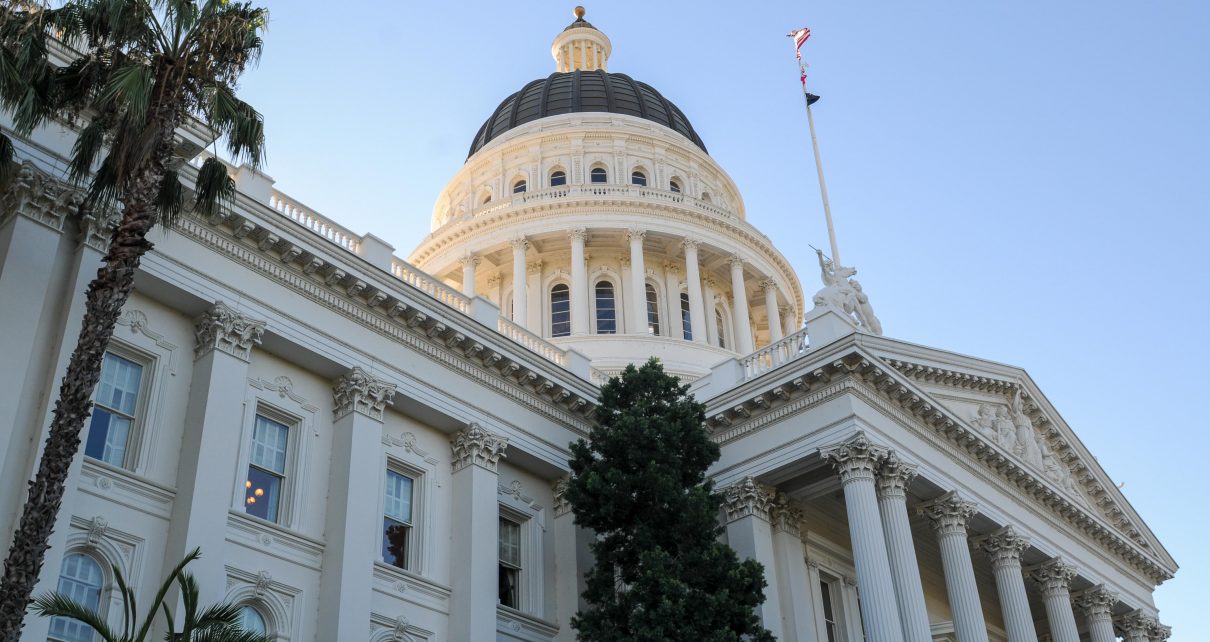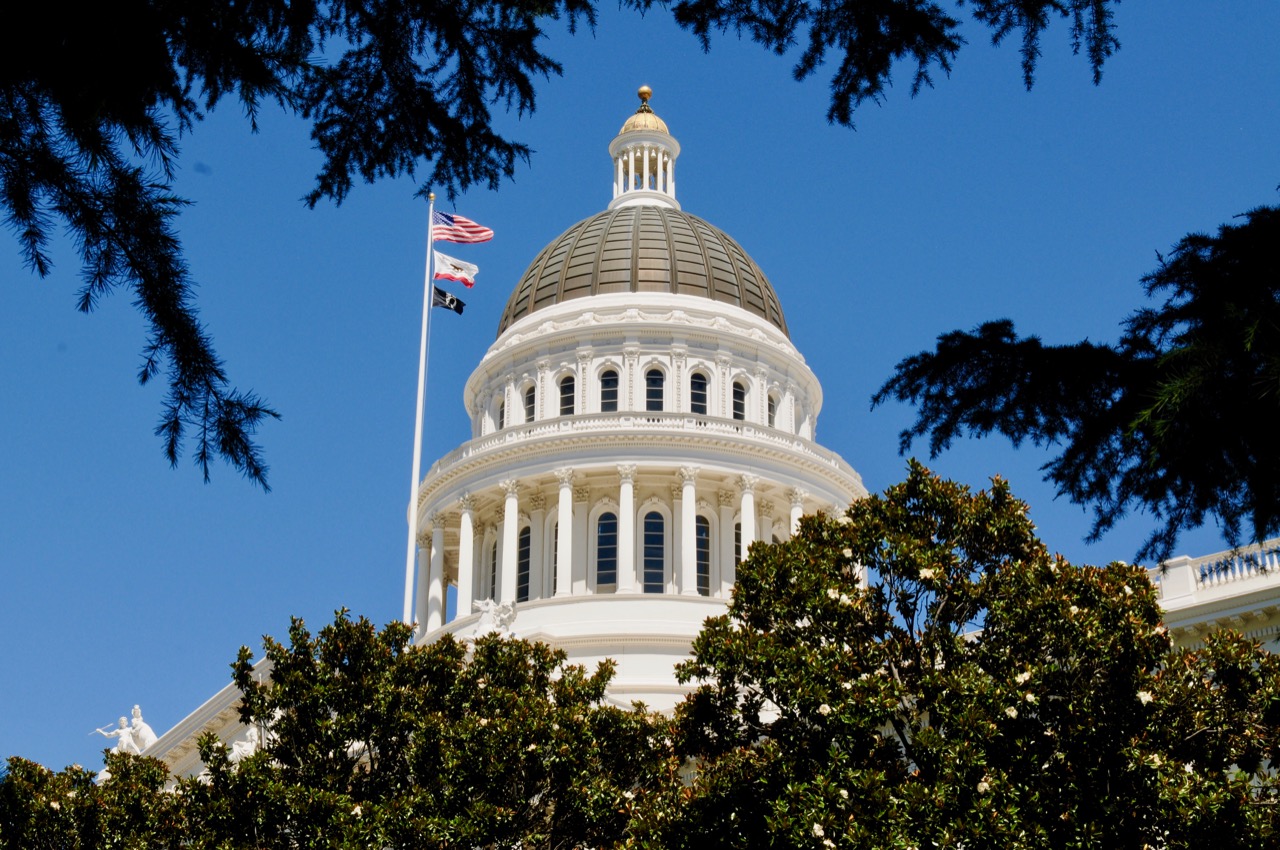
California State Capitol. (Photo: Kevin Sanders for California Globe)
Administrative Adjudications – Governing Procedures
A communication made in alternative dispute resolution under this article is protected as specified against disclosure
By Chris Micheli, November 10, 2024 2:30 am
In the California Government Code, there are governing procedures related to administrative adjudications. Article 4 contains the applicable provisions.
Section 11415.10 provides that the governing procedure by which an agency conducts an adjudicative proceeding is determined by the statutes and regulations applicable to that proceeding. If no other governing procedure is provided by statute or regulation, an agency may conduct an adjudicative proceeding under the administrative adjudication provisions of the Administrative Procedure Act.
In addition, this chapter supplements the governing procedure by which an agency conducts an adjudicative proceeding.
Section 11415.20 specifies that a state statute or a federal statute or regulation applicable to a particular agency or decision prevails over a conflicting or inconsistent provision of this chapter.
Section 11415.30 provides that, to the extent necessary to avoid a loss or delay of funds or services from the federal government that would otherwise be available to the state, the Governor may suspend any adjudication provisions of the APA or adopt a rule of procedure that will avoid the loss or delay, and may do so by executive order.
The Governor is required to rescind an executive order issued under this section as soon as it is no longer necessary to prevent the loss or delay of funds or services from the federal government.
Also, if an administrative adjudication provision is suspended or rule of procedure is adopted pursuant to this section, the Governor shall promptly report the suspension or adoption to the Legislature. The report shall include recommendations concerning any legislation that may be necessary to conform the provision to federal law.
Section 11415.40 allows a person to waive a right conferred on the person by the administrative adjudication provisions of the Administrative Procedure Act.
Section 11415.50 allows an agency to provide any appropriate procedure for a decision for which an adjudicative proceeding is not required. In addition, an adjudicative proceeding is not required for informal factfinding or an informal investigatory hearing, or a decision to initiate or not to initiate an investigation, prosecution.
Section 11415.60 authorizes an agency to formulate and issue a decision by settlement, pursuant to an agreement of the parties, without conducting an adjudicative proceeding. The settlement may be on any terms the parties determine are appropriate. In addition, a settlement may be made before or after issuance of an agency pleading, with exceptions. However, a settlement is subject to any necessary agency approval.
Article 5 deals with alternative dispute resolution. Section 11420.10 allows an agency. with the consent of all the parties, to refer a dispute that is the subject of an adjudicative proceeding for resolution by mediation, binding arbitration, or nonbinding arbitration, any of which would be done by a neutral individual. Note that, if another statute requires mediation or arbitration in an adjudicative proceeding, that statute prevails over this section.
Section 11420.20 requires OAH to adopt and promulgate model regulations for alternative dispute resolution under this article. The model regulations govern alternative dispute resolution by an agency under this article, except to the extent the agency by regulation provides inconsistent rules or provides that the model regulations are not applicable in a proceeding of the agency. The model regulations must include specified provisions.
Section 11420.30 states that a communication made in alternative dispute resolution under this article is protected as specified against disclosure.
- General Provisions on Dismissals for Delay - March 5, 2026
- Aquaculture Disease Control - March 5, 2026
- Stay of Appeals - March 4, 2026




